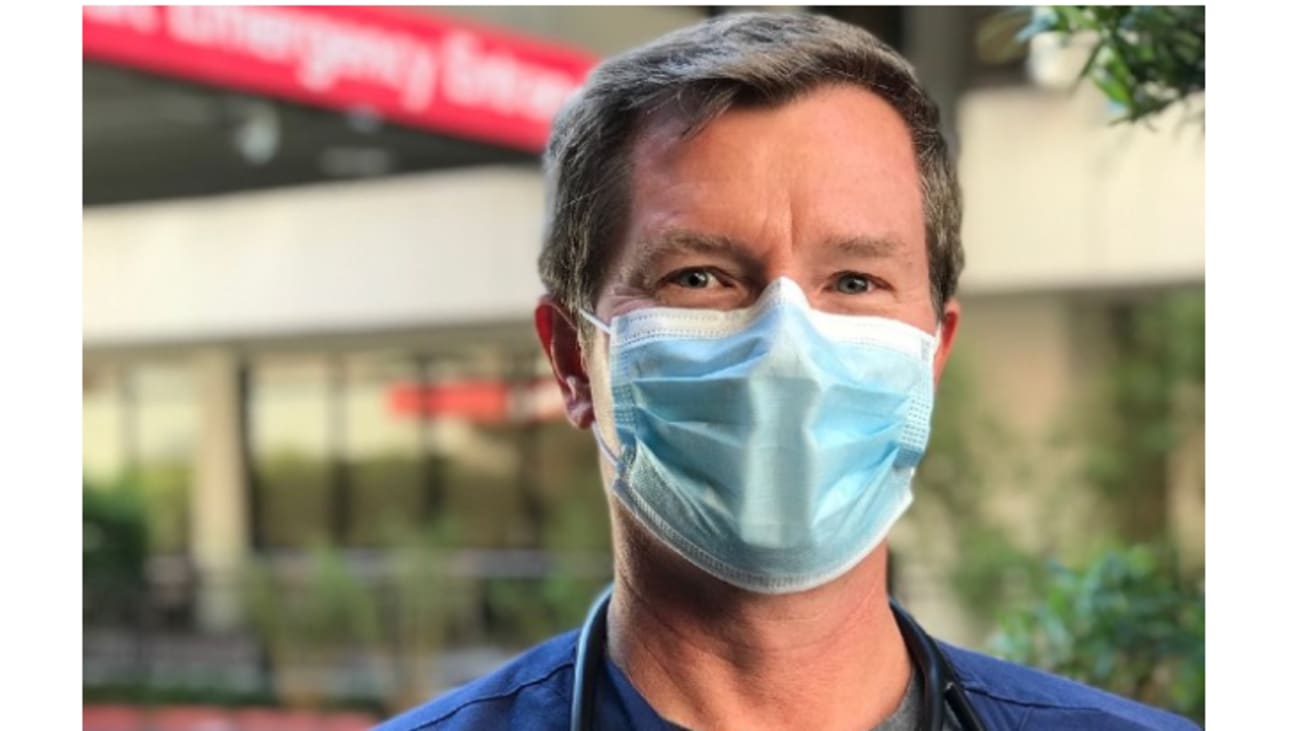
Broken limbs, deep cuts, chest pain – all are reasons to come to the emergency room. Unfortunately, many patients aren’t seeing physicians when they should for fear of potential exposure to COVID-19, which can lead to even more health complications and the need for even more care.
The emergency room is often someone’s first point of contact with a hospital, and at MUSC Health, our physicians are prepared to care for all patients, including those with emergencies not related to COVID-19. With protocol changes and personal protective equipment (PPE), our patients and our staff are prepared to safely help people in the Charleston area and across the state.
In emergency rooms physicians have to work quickly. Seeing patients as soon as serious symptoms arise is vital to their treatment. Terry Kowalenko, M.D., the chair of MUSC’s Department of Emergency Medicine, says they’ve seen a few patients delay coming to the ER even though they had symptoms suggestive of appendicitis, a serious surgical emergency. If not treated in time, the appendix can rupture and spread the infection. If caught early, the risk for complications is much lower.
And that’s just one example. “We don’t know how many other people with potentially serious conditions haven’t come in. And if they’re not coming in because of fear, their conditions may progress and may be more difficult to treat” he added.
As a level 1 trauma center and Stroke center, MUSC Health can provide comprehensive care for traumatic injuries and neurologic emergencies. MUSC also has some of South Carolina’s top specialists in nearly all specialties. MUSC’s emergency department physicians are board-certified or board-eligible emergency medicine specialists, and many are also fellowship-trained. This uncommon level of care makes it important for Kowalenko to work in tandem with other physician specialists and departments within the hospital system to develop new safety measures and keep incoming patients safe – whether their injuries or illnesses were related to COVID-19 or not.
He also commented on the outstanding nursing staff that was recently awarded the very prestigious Magnet Program status a second time.
Patients at MUSC will be screened before entering the emergency department. There will be a tent outside where care team members will ask CDC-recommended screening questions as well as take each patient’s vital signs, including temperature. The emergency department is currently divided into possible COVID-19 cases and non-COVID-19 cases to limit contact between the two. All patients are required to wear masks, and care team members are using telemedicine to decrease the number of times someone enters a room in addition to wearing PPE.
Personal protective equipment can include gowns, aprons and gloves as well as masks, respirators, goggles and face shields according to the Centers for Disease Control and Prevention (CDC). PPE protects both the health care worker and the patient, and Kowalenko stresses this dual purpose. “Because it’s described as personal protective equipment, people don’t always realize that it helps the patients as well as the health care workers” he said.
Kowalenko points to the low number of COVID-19 cases among MUSC’s staff as a testament to how careful everyone has been. “It’s clear to me that we are not only vigilant when we are working, but we are vigilant when we are out in the community. We are trying to stay healthy in order to serve our patients and the community.”
He hopes these new measures will help patients feel safe and stay healthy when visiting the emergency department at MUSC Health. “We are putting our patients first,” Kowalenko said.
